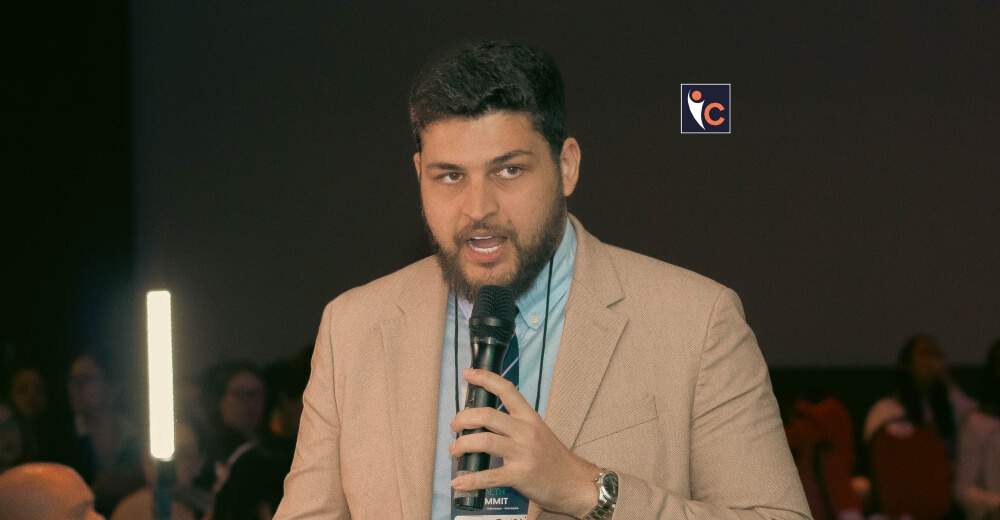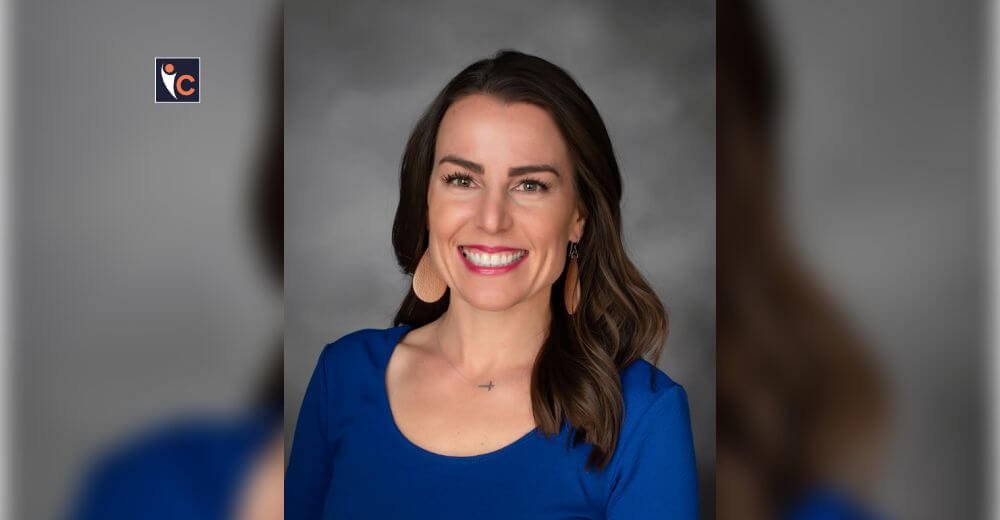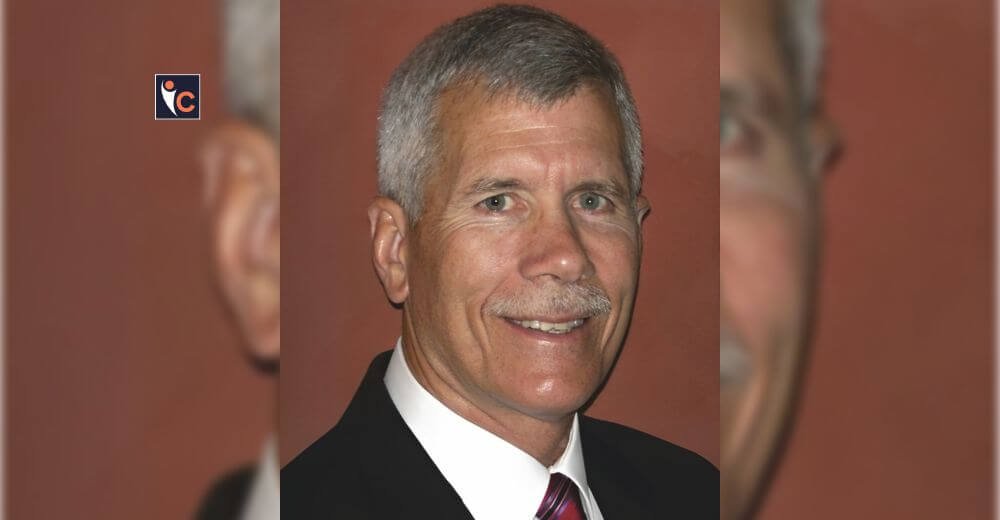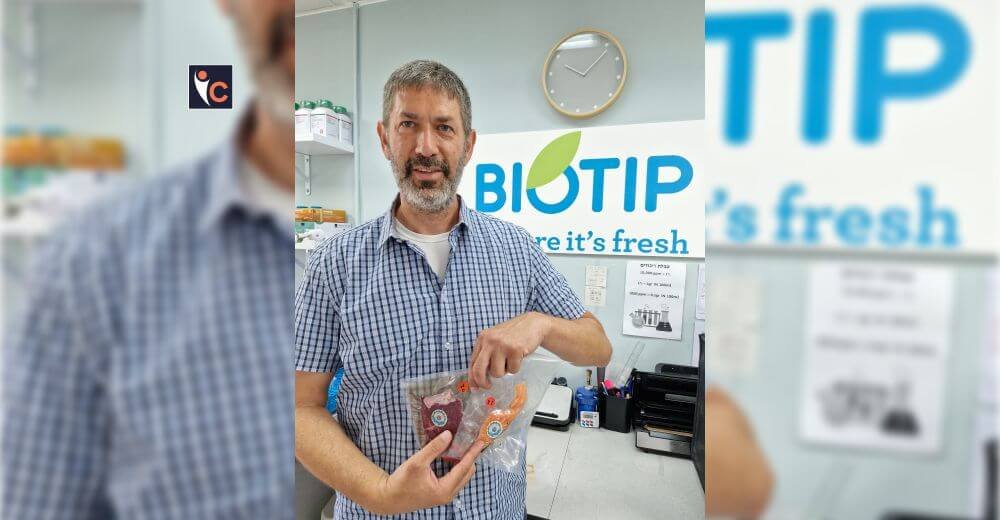The fusion of technology and patient care is becoming increasingly crucial in the fast-changing healthcare environment. Leading this transformation is Dr. Lucas Fonoli, MD at São Francisco Hospital. Renowned for his distinctive combination of medical knowledge and technological skills, Dr. Fonoli exemplifies the future of healthcare leadership. From his early passion for coding and engineering to his essential role in advancing clinical informatics, Dr. Fonoli’s journey demonstrates the effectiveness of data-driven innovation in enhancing healthcare results.
Under Dr. Fonoli’s leadership, São Francisco Hospital pioneers’ data-driven approaches, leveraging advanced analytics and AI to enhance patient care despite resource constraints. His expertise in data governance and agile project management drives digital transformation, setting new standards in healthcare through innovative use of technology.
Let’s delve into Dr. Fonoli’s insights on leveraging data analytics in healthcare to lead São Francisco Hospital towards innovative patient care and excellence!
Can you share with our readers a brief overview of your professional journey and how it has led you to your current role?
From a young age, I was captivated by technology. Coding and engineering were my childhood passions, and I dedicated countless hours to learning them. However, as I grew older, I set these interests aside to pursue a career in medicine. My time in medical school was enlightening, but it was during my internship that I realized my true calling was diverging from clinical practice and gravitating towards executive roles.
Upon graduation, even before receiving my diploma, I enrolled in a two-year Executive MBA program with a focus on leadership. I spent four years practicing medicine, including working through the COVID-19 pandemic in the northeast region of Brazil. While I cherished my role as a home care physician, I recognized that the region’s resources and infrastructure were not conducive to fostering substantial advancements and innovation in healthcare.
A pivotal moment in my career occurred when I met Dr. André Chiga, a cardiologist and founder of the Brazilian Society of Executive Medicine. We shared mutual passion for impacting the healthcare industry through effective management. Impacted by my vision and passion, he extended an invitation to join his team.
Near São Paulo, I began my journey in clinical audit and quickly rose through the ranks to become the General Medical Manager. During my initial months in this role, I learned about the field of clinical informatics and the role of a Chief Medical Information Officer (CMIO). Driven by this newfound path, I promptly sought out a postgraduate program in healthcare data science at Albert Einstein Hospital, the best hospital in Latin America. This educational endeavor was a turning point, as I realized how seamlessly my life’s journey converged, leading me to my true passion and purpose—my ikigai.
A year ago, I was honored to be promoted to Chief Data Officer (CDO). This responsibility is particularly significant as it is somewhat unconventional; typically, physicians in clinical informatics serve as CMIOs under the leadership of a CDO. This unique leadership structure has allowed me to drive innovation and leverage data to enhance patient care and operational efficiency.
What inspired you to pursue a career in data analytics within the healthcare industry specifically?
My journey into data analytics within the healthcare industry is rooted in my profound love for coding, development, and technology. The satisfaction I derive from solving complex problems through technology is truly rewarding. Despite the advancements in data analytics across various sectors over the decades, healthcare is currently at the cusp of a profound and widespread transformation driven by data science. The healthcare sector is currently facing significant challenges, including rising costs, inefficiencies, and inequality. My focus has been primarily on hospitals, which are often significant sources of inefficiency.
As a Chief Data Analytics Officer, what are some of the key responsibilities and challenges you face in your role?
Primarily stemming from resource constraints, both financial and personnel-wise. My hospital is currently 10 years behind in technology, which presents a significant hurdle. Balancing the efforts to digitize basic operations, such as implementing an EMR system in areas still reliant on paper medical records, with initiatives to introduce innovative and cutting-edge technologies is a constant challenge.
I have taken on the responsibility of creating policies and establishing the data governance working group. Additionally, I’ve implemented agile project management methodologies. Apart from being a single BI Analyst on my team, I often find myself taking on multiple roles, including data analyst, data scientist, machine learning engineer, and database engineer. This multi-faceted involvement is not ideal but is the only way I have found to drive forward digital transformation.
How do you leverage advanced data science capabilities, such as artificial intelligence and machine learning, to drive innovation and improve healthcare outcomes?
We are still in the process of building our foundational data infrastructure to implement widespread algorithms aimed at enhancing clinical performance, but we are making significant strides. We’re first addressing the lack of quality information at the surface level, meticulously delving into our databases, including financial data and surgical scheduling, to extract valuable insights.
Could you highlight a recent project or initiative you’ve led that has had a notable impact on your organization’s performance or patient care?
A study made with collaboration with the Albert Einstein Institute, to develop and validate predictive models to identify oncology patients at high risk for negative outcomes in a hospital setting. The study evaluated the efficacy of two algorithms: Random Forest and Neural Network. The first achieved an accuracy of 95.2% +/-0,9% and a sensitivity (recall) of 67.7% +/- 8,7%, while the second demonstrated slightly lower accuracy at 94.6% +/- 0,8% but superior recall at 75.3% +/-6,3%. This study highlighted the importance of sensitivity in minimizing false negatives, with the Neural Network excelling in this metric.
Accurate prediction of high-risk patients enables healthcare providers to make informed decisions about care planning. Specifically, identifying patients with a high risk of poor outcomes allows for timely allocation to palliative care, ensuring that these patients receive compassionate and dignified end-of-life care.
How do you ensure that data-driven insights align with the broader mission and vision of your organization?
As a philanthropic organization, our mission is to promote, rescue, restore, and defend the dignity of the human person, ensuring sustainability. To align data-driven insights with this mission and vision, we prioritize tools and methodologies that enhance patient security, patient experience, and operational efficiency. For example, by leveraging predictive models to identify high-risk patients, we can allocate resources more effectively, provide timely and appropriate care, and avoid unnecessary procedures.
What role do you see data analytics playing in addressing healthcare disparities and improving access to quality care?
By enhancing efficiency and prioritizing resources effectively. This is particularly important in settings with constrained budgets and high patient volumes, as in our public health system. Analytics will allow us to better assess and prioritize care based on urgency and need. For example, in oncology, data-driven insights can help identify patients who require immediate attention, ensuring that those with the most urgent needs are prioritized. This approach promotes fairness and equity in healthcare delivery.
What are you most excited about in terms of the future of data analytics in healthcare, and how do you envision your role evolving in the coming years?
I am particularly excited about the potential integration of physicians’ EHR telemetry with advanced decision tree algorithms for clinical protocols. These technologies have the potential to enrich and adapt the user experience (UX), guiding physicians towards the safest and most effective paths for patient care while preserving their professional autonomy. We can design EHR systems that dynamically support clinical decision-making.
In the coming years, I envision my role evolving to focus on integrating machine learning, data visualization and UX projects within the hospital ecosystem. My aim is to drive innovation that significantly enhances both physician efficiency and patient safety. This approach not only improves the workflow but also fosters a data-driven culture that prioritizes quality and precision in healthcare delivery.
What advice would you offer to aspiring data analytics professionals who are interested in making an impact in the healthcare industry?
Patience is crucial when working with healthcare professionals, as they can be resistant to change, particularly to poorly implemented solutions. Building and maintaining close relationships with the frontline staff is essential to ensure that your efforts translate into real value.
To foster this connection, select key users from each profession to provide direct feedback and serve as liaisons to their peers. Remember, this is not just an IT project; it requires a corporate effort to achieve true transformation through digital tools. Engaging and collaborating with frontline staff will ensure that your initiatives are effective and widely accepted, ultimately leading to improved healthcare outcomes.










